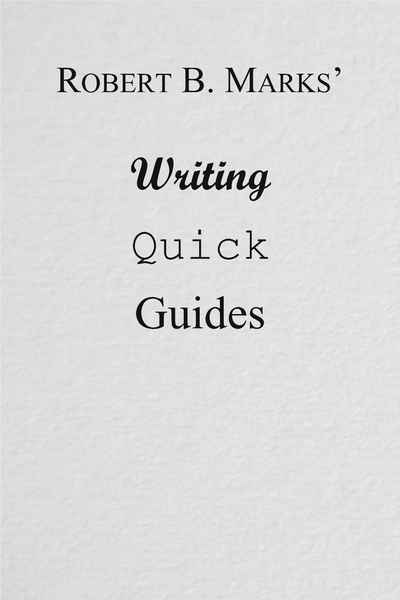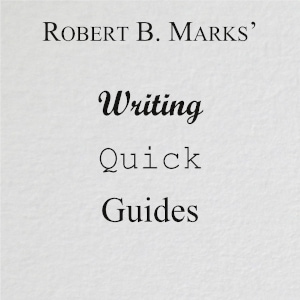I have been writing professionally for almost 25 years (my first professional publication was a review of Myth II: Soulblighter in Computer Gaming World in 1998/1999). In that time, I've done a lot of editing and mentoring of new and young writers. And there's a pattern I've seen repeat with almost every single one - a mediocre opening sentence, followed by a really good second sentence that should have been the actual opening sentence.
If I had to guess at why this happens, a lot of new writer's aren't quite sure about how to draw the reader into their story. So, they subconsciously hedge their bets on the first sentence. Once that is done, though, they can then relax, and the story starts flowing properly.
So, what makes for a good opening sentence?
Well, let's take a look at the most famous bad one for a moment: "It was a dark and stormy night."
If you're reading that in isolation and wondering "why is that bad?", you're not wrong to do so. As sentences go, it's actually pretty good. In 7 words it conveys a lot of environmental information, and even sets a tone for whatever follows. So what is wrong with it as an opening?
Well, what does it tell us? It tells us that it is nighttime, and there is a storm. All of this is environmental information - but there's nothing that suggests to the reader that there is something worthy of their attention. It's not a matter of "so what?" or "who cares?" - there's plenty of answers to be had to both of those questions for this sentence - it's a matter of any sentence starting a story needing to signal to the reader that there is something happening or going to happen that will be of interest. And because this sentence is purely environmental, it doesn't do that.
Suppose, for a moment, that we made a modification to this sentence. Let's add three words: "in the desert." We're still conveying environmental information, but there's now a distinct difference: thunderstorms aren't normally associated with deserts. So now, we're signalling to the reader that this storm is somewhere it shouldn't be. Why is this storm in the desert? Now, we have an interesting question that the narrative is promising to answer.
Let's try a different modification: "It was a dark and stormy night, and the ghosts were out." Once again, we've added information and raised questions for the narrative to answer. Who are these ghosts? What are they doing? What is their relationship to this storm?
The opening sentence for my current serial is "From his dark tower in the wastelands, The Destroyer stared up at the stars and wondered what was there." The first half of the sentence is environmental and sets up expectations - The Destroyer is clearly a fantasy villain or overlord of some sort, and he is in the most traditional (even cliched) of environments for such a character - but the second half then presents him doing something very out of the ordinary. Why is this dark lord doing the sort of looking out at the heavens that we associate with a hero soon to begin their heroic journey? The opening sentence presents this disconnect and the question the narrative will answer to the reader, the rest of the prologue adds to the mystery behind it, and then The Destroyer begins his journey and the narrative kicks off.
As I said at the beginning, most new writers WILL do this instinctively, raising all the questions and mystery they need to get the reader hooked...in their second sentence. So, take a look at your opening paragraph - you'll probably find that your perfect opening sentence is already there...you just need to delete your first sentence to make it shine.












Comments (1)
See all